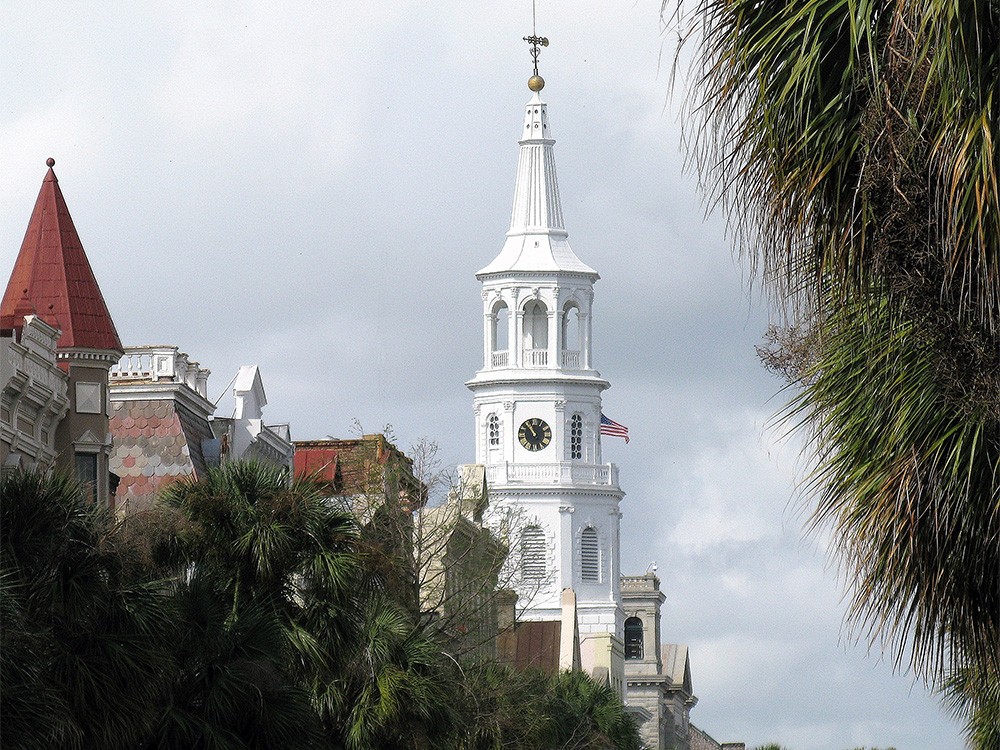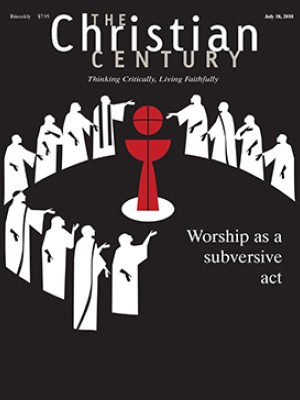Supreme Court declines to hear appeal from breakaway Anglican group in South Carolina
The Episcopal Church in South Carolina has asked the state court to give it control of the 29 church properties in question.

The Episcopal Church in South Carolina is preparing to reclaim control of more than two dozen properties worth an estimated $500 million after the U.S. Supreme Court decided not to hear an appeal brought by a breakaway group of conservative Anglican congregations.
“We are grateful for the clarity that this decision offers, and hopeful that it brings all of us closer to having real conversations on how we can bring healing and reconciliation to the Church, the body of Christ, in this part of South Carolina,” said Gladstone B. “Skip” Adams III, bishop of the Episcopal Church in South Carolina, known as TECSC, in a statement.
Read our latest issue or browse back issues.
In the same statement, TECSC chancellor Thomas S. Tisdale Jr. said there would be no “immediate change in the physical control of the properties” because of the Supreme Court ruling. However, the South Carolina Episcopalians and the parent Episcopal Church body have asked the state court to place the properties and assets under TECSC control and transfer ownership to both groups.
Jim Lewis, a spokesman for the breakaway group, which calls itself the Diocese of South Carolina, acknowledged that the congregations and their 22,000 members might need to leave the properties if the Episcopal Church in South Carolina won’t work with them.
“We are preparing for all eventualities, including moving our worship and ministries from buildings we have been in, in some cases for over 300 years,” said Lewis. “If we must restart, replant congregations, we have plans in place for going about how we’ll do that.”
The Episcopal Church had initially lost in a lower court ruling that sided with the breakaway group, but a state high court decision overturned that ruling last year. Occupants of the 29 properties appealed to the U.S. Supreme Court.
[The (Anglican) Diocese of South Carolina said in a statement that it is continuing to pursue the case in state courts. “The central issue the high court was asked to review was whether the same rules for determining property ownership applied to church property as in any secular case (neutral principles of law),” the statement said. “The Diocese remains confident that the law and the facts of this case favor our congregations. We plan to continue to press both to their logical conclusion, even if that requires a second appearance before the South Carolina Supreme Court.”]
The multiyear battle traces to theological differences between the groups, which have divergent views on human sexuality and biblical interpretation. Differences intensified after the Episcopal Church consecrated its first openly gay bishop, Gene Robinson of New Hampshire, in 2003. Since then, the Episcopal Church has gone on to permit same-sex marriage.
Many around the country have watched the litigation for indications of how the courts would adjudicate competing claims to contested church properties. Some observers now wonder whether the Episcopal Church in South Carolina will try to use and maintain the properties or consider selling them to their current occupants and former legal foes.
“What does the Episcopal Church plan to do if and when it assumes control of these properties?” asked Jeff Walton, spokesman for the Institute on Religion and Democracy, a conservative advocacy group based in Washington, D.C. “If they expel the congregations, it’ll be costly and a hollow victory.”
Working together with members of those congregations could prove challenging. Calls to reconcile have not been accepted, Lewis said.
“What they really mean, when they use the word reconciliation, translates to: ‘You completely surrender, give us back everything, and all returns to the way it was before, with us in charge,’” Lewis said. “That’s not something anyone in our diocese is interested in. We’re not interested in their definition of reconciliation.” —Religion News Service with additional information
A version of this article, which was edited July 2, appears in the print edition under the title “Supreme Court declines to hear appeal in dispute over church property.”






